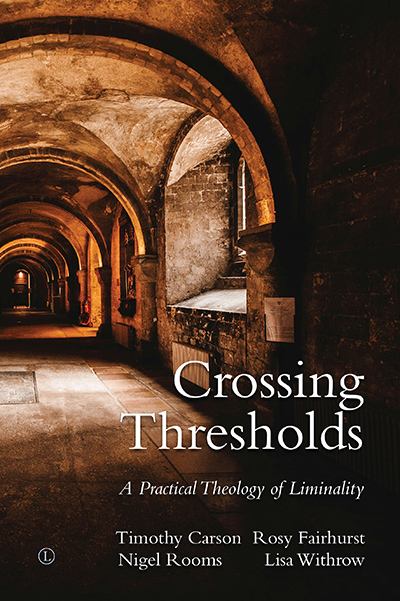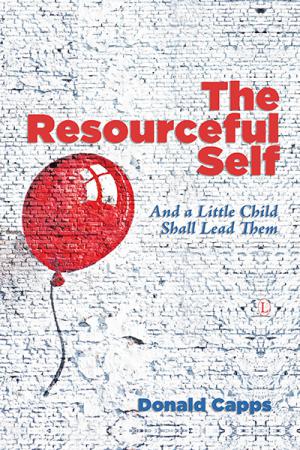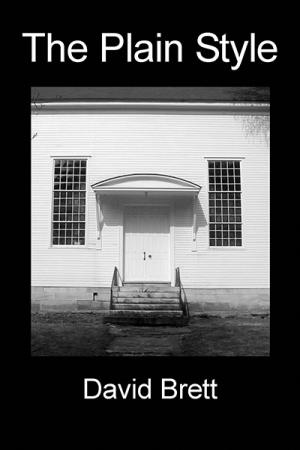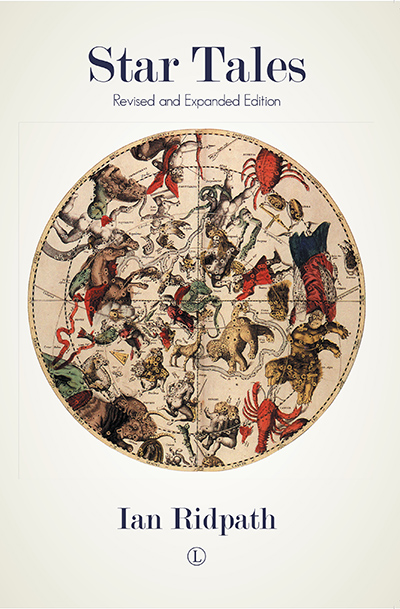Description
We live in an age of enormous and rapid change, but how do people, organisations, even whole cultures and societies change? And where is God in such transformations? For more than a hundred years, anthropology has taught us that entering a chaotic, awesome and fraught ‘threshold’ – or liminal space – is fundamental to our renewal as human beings. Yet none of us goes willingly into such places. We need to be ‘held’ in liminal movement so that it is safe enough to change.
Crossing Thresholds is the first inter-disciplinary theological treatment of the universal phenomenon of liminality. Developing practical wisdom from foundations in the work of Victor Turner, Donald Winnicott and Bruce Reed, the authors explore the place of liminality in the worship, mission and hermeneutics of the Church and reflect on its usefulness to a wide range of Christian practice. For all those who strive to think theologically about the great transitions of life, this comprehensive work offers unique insight into what it is to safely cross the threshold of chaos and embrace the future with courage.
About the Author
Timothy Carson is a pastor and curator of theliminalityproject.org. He is the author of Liminal Reality and Transformational Power (Lutterworth Press, 2016) and editor of Neither Here nor There: The Many Voices of Liminality (Lutterworth Press, 2019).
Rosemary Fairhurst is an organisational consultant, and vicar of St Augustine’s and St Clements, Bradford.
Nigel Rooms is an Anglican priest and missiologist who develops missional churches in the UK for the Church Mission Society.
Lisa Withrow is the founder and principal coach at Clear Transition Strategies, and author of six books, including Leadership in Unknown Waters: Liminality as Threshold to the Future (Lutterworth Press, 2020).
Contents
List of Figures
The Authors
Foreword
Preface
Introduction
Part I: Origins, Phenomenology, and Primary Texts
1. The Origins and Content of Liminal Theory in Social Anthropology
2. Winnicott and His Interpreters — Transitional Space and the Liminal
3. Liminality in Religion, Discipleship, Organizations, and Society
Part II: Liminality and the Christian Movement: Hermeneutics, Scripture, Worship and Mission
4. Toward a Hermeneutic of Liminality: Engaging with the Bible
5. Liturgy, Ritual, and Worship through the Liminal Lens
6. Missiology and Ecclesiology through the Liminal Lens
Part III: Liminality in Action: At the Boundaries of Church and World
7. Liminal Leadership at Church: Systems Thinking and Theological Reflection via Role Analysis
8. Liminality and Learning
9. Spiritual and Faith Formation through Liminality
10. Liminality in Faith and Work
11. Pastoral Theology and the Whirlwind
12. God in the Gaps: A Theology of Liminality
Appendix: The Process of Role Analysis
Briefing Notes on Developing Working Hypotheses
Color Figures 2 and 3
Bibliography
Index
Endorsements and Reviews
Drawing on connections with diverse disciplines and thinkers, the co-authors helpfully explore the dynamics of liminal space and movement. With practical insight and curiosity they share their wisdom for churches and those who lead. Holding a pluralistic vision about the significance of liminality, readers are invited into an ever-expanding sense of a God at work in the world.
Joretta L. Marshall, Professor of Pastoral Theology, Care and Counseling at Brite Divinity School
In Crossing Thresholds, the authors weave together a colorful tapestry of liminality’s varied histories, theories, and practical applications to spiritual life and leadership, inspiring new imaginings for the church and beyond. Anyone yearning for frameworks that deepen and challenge what it means to engage faithfully the ‘betwixt and between’ will discover in this book a provocative, praxis-oriented companion.
Kristina Lizardy-Hajbi, Director, Office of Professional Formation Term Assistant Professor of Leadership and Formation, Iliff School of Theology
A marvelously collaborative volume exploring liminality as lens and then lever for renewed action with contributions to practical theology, theopoetics, pastoral-congregational life and personal transformation in today’s fragmented and fragmenting institutional ecology(ies). A rigorous interdisciplinary perspective invites the finding and building of liminal frameworks, dancing and swaying toward theological engagement for ecclesia – gatherings – on the move, or willing to risk innovation in leadership, liturgy, and mission. A compelling work of practical theology modeling its method in a spiral-esque form as well as disciplinary scholarship
Lisa M. Hess, Professor of Practical Theology and Contextual Ministries, United Theological Seminary, Ohio






